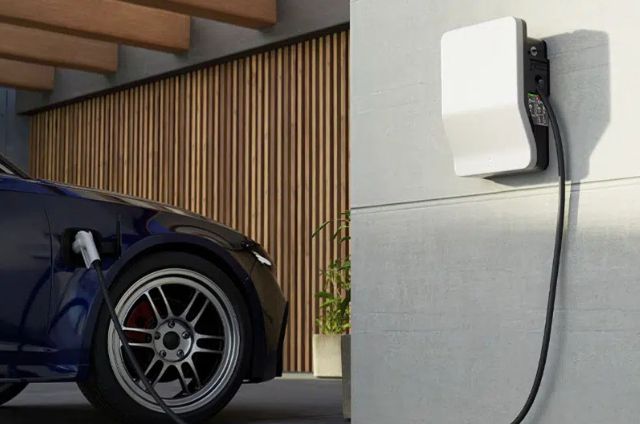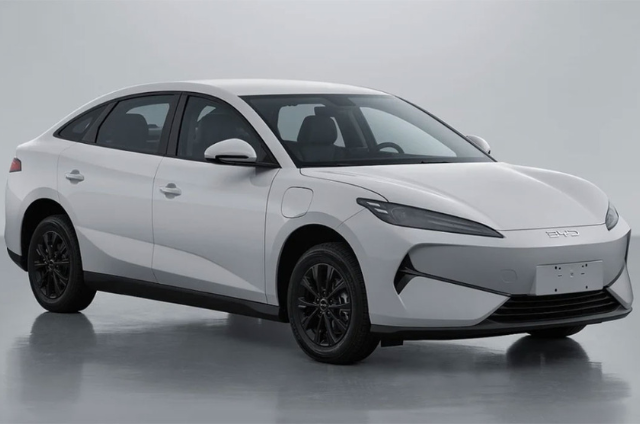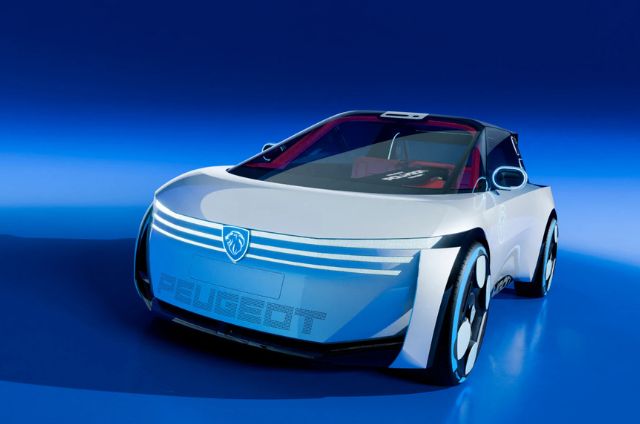Is It Really That Complicated?
Installing a home EV charger might seem straightforward — especially if you’re just thinking about adding a 240V outlet. But with high-voltage, continuous electrical loads involved, this isn’t your average weekend DIY project. What’s at stake isn’t just convenience — it’s safety, insurance coverage, resale value, and peace of mind.
So, do you really need a licensed electrician and a permit? In most cases, yes — or at the very least, you need to check your local laws to find out what’s required before you begin.
DIY vs. Hiring a Pro
Plenty of homeowners on forums say they’ve done the work themselves. Some are even engineers or seasoned DIYers. Still, many of them chose to pull a permit and have their work inspected. Why? Because they understand the risks — and so do insurance companies.
If your installation causes a fire or electrical failure and wasn’t properly permitted or inspected, your insurer might deny your claim, no matter how confident you were in your skills. Even those who successfully installed chargers themselves often admit they were anxious until the job passed inspection.
What Real Owners Say
Permits are required in most cities, even for DIY work.
From the EV community, several trends emerge:
- Licensed electricians are often mandatory if someone else is doing the job.
- Rebates and utility incentives frequently require professional installation and documentation.
- Skipping the permit might hurt your home’s resale value or result in fines later.
- Some users admit to cutting corners, but many also admit they wouldn’t risk it again.
Permits Protect More Than Paperwork
A Level 2 EV charger can draw a serious load — often 25–30% of your home’s panel capacity. This isn’t something you want to gamble on.
In the end, the permit, inspection, and licensed help aren’t just red tape. They’re there to protect your home, your family, and your investment. Skipping them might save a few bucks now — but could cost you everything later.



